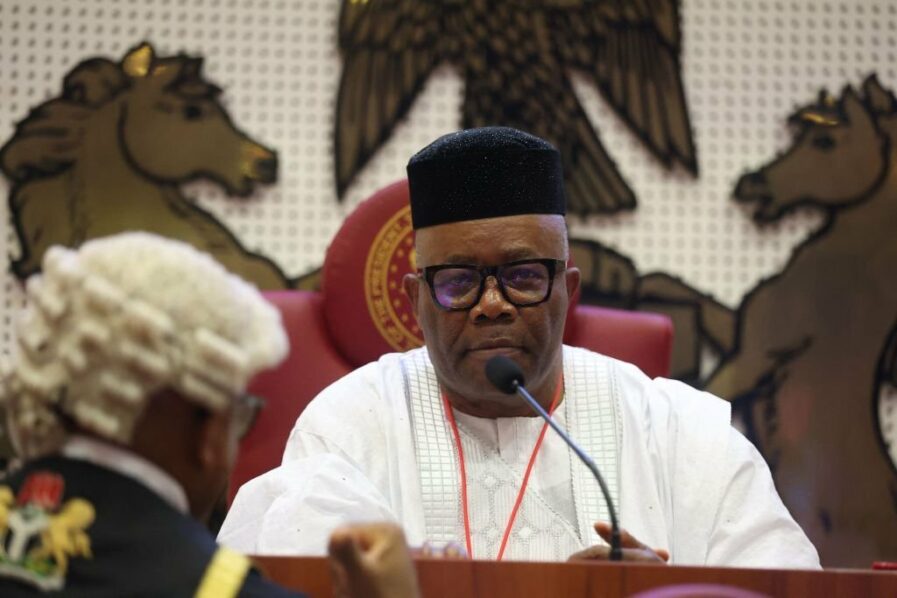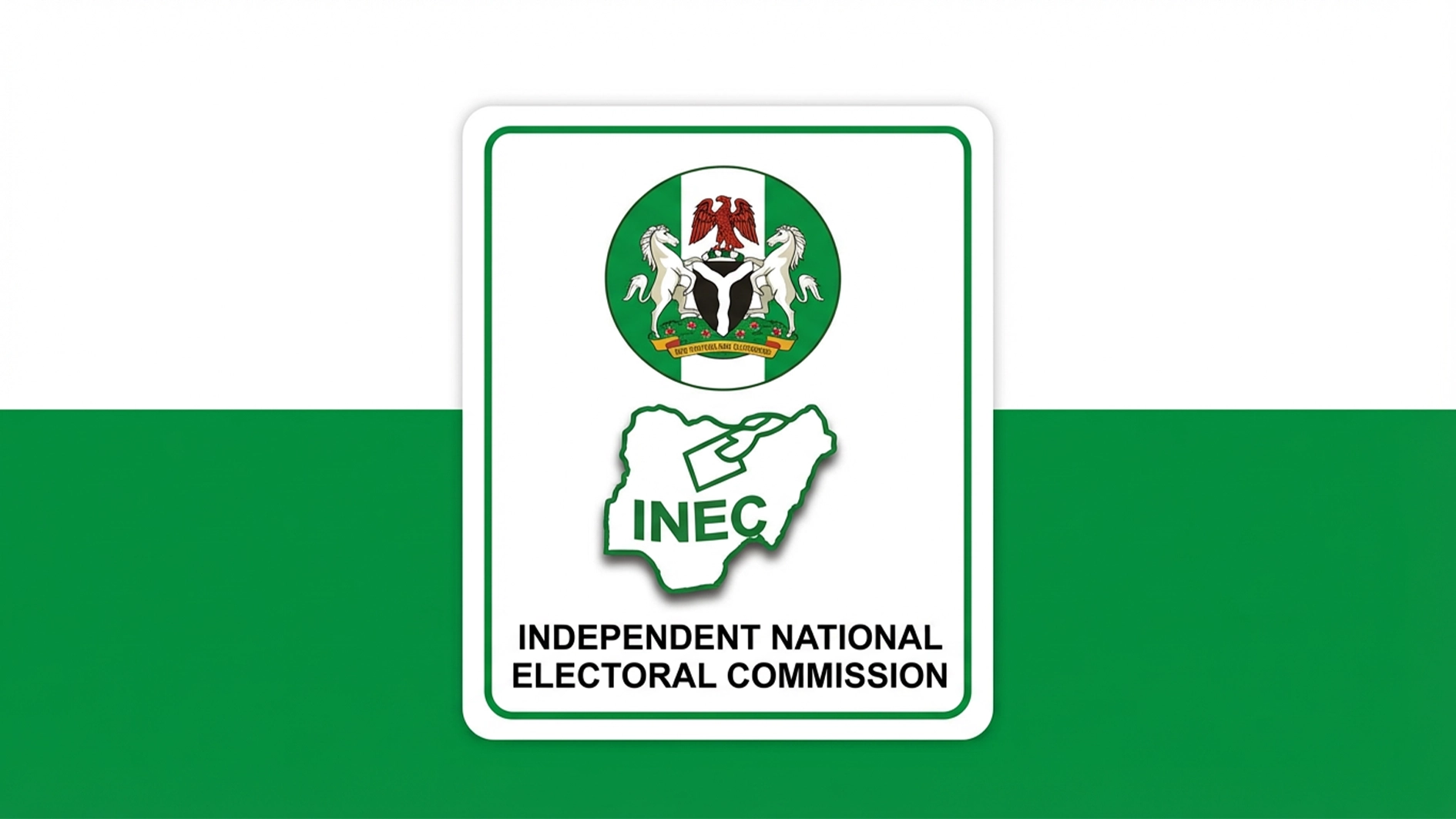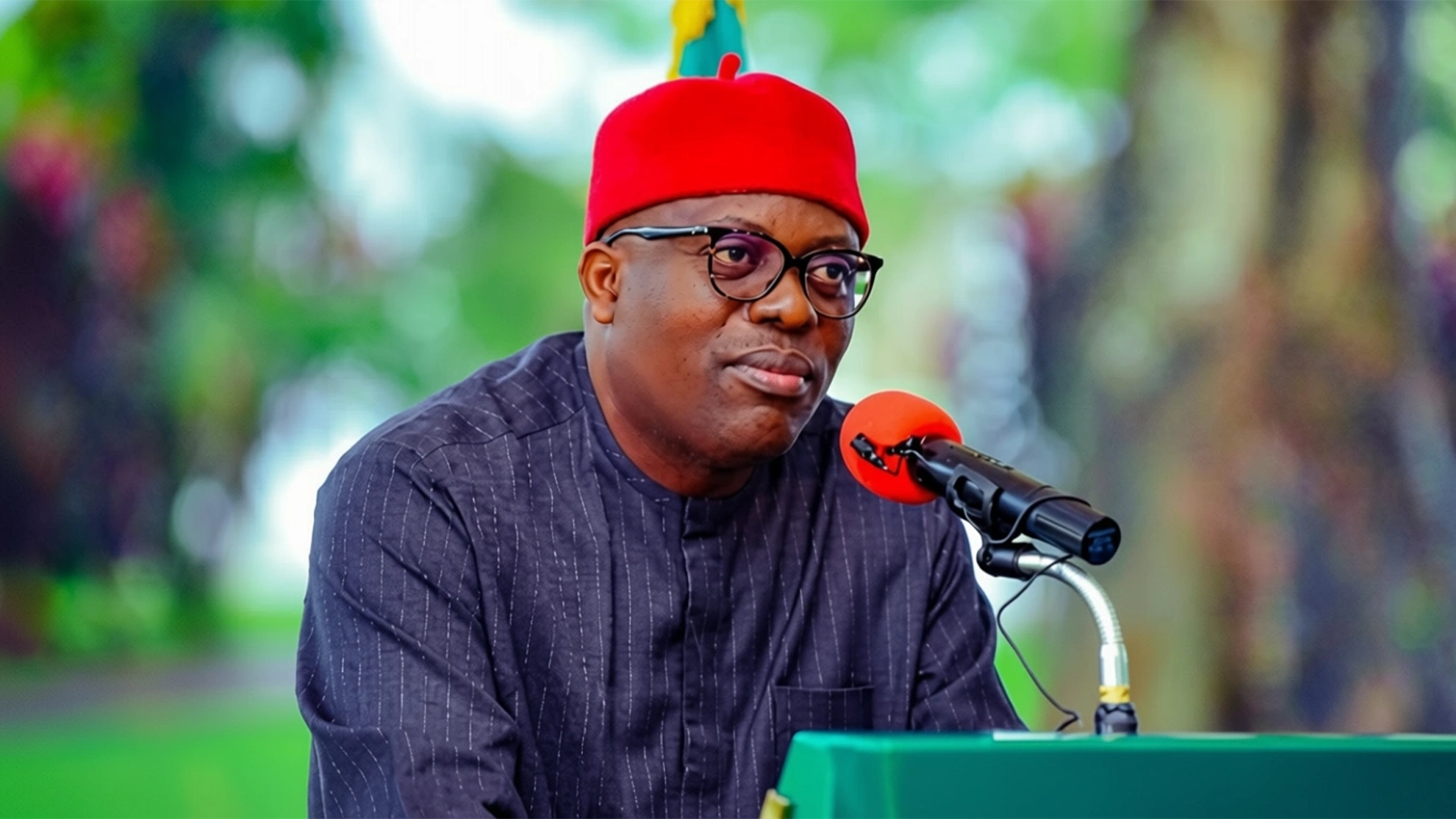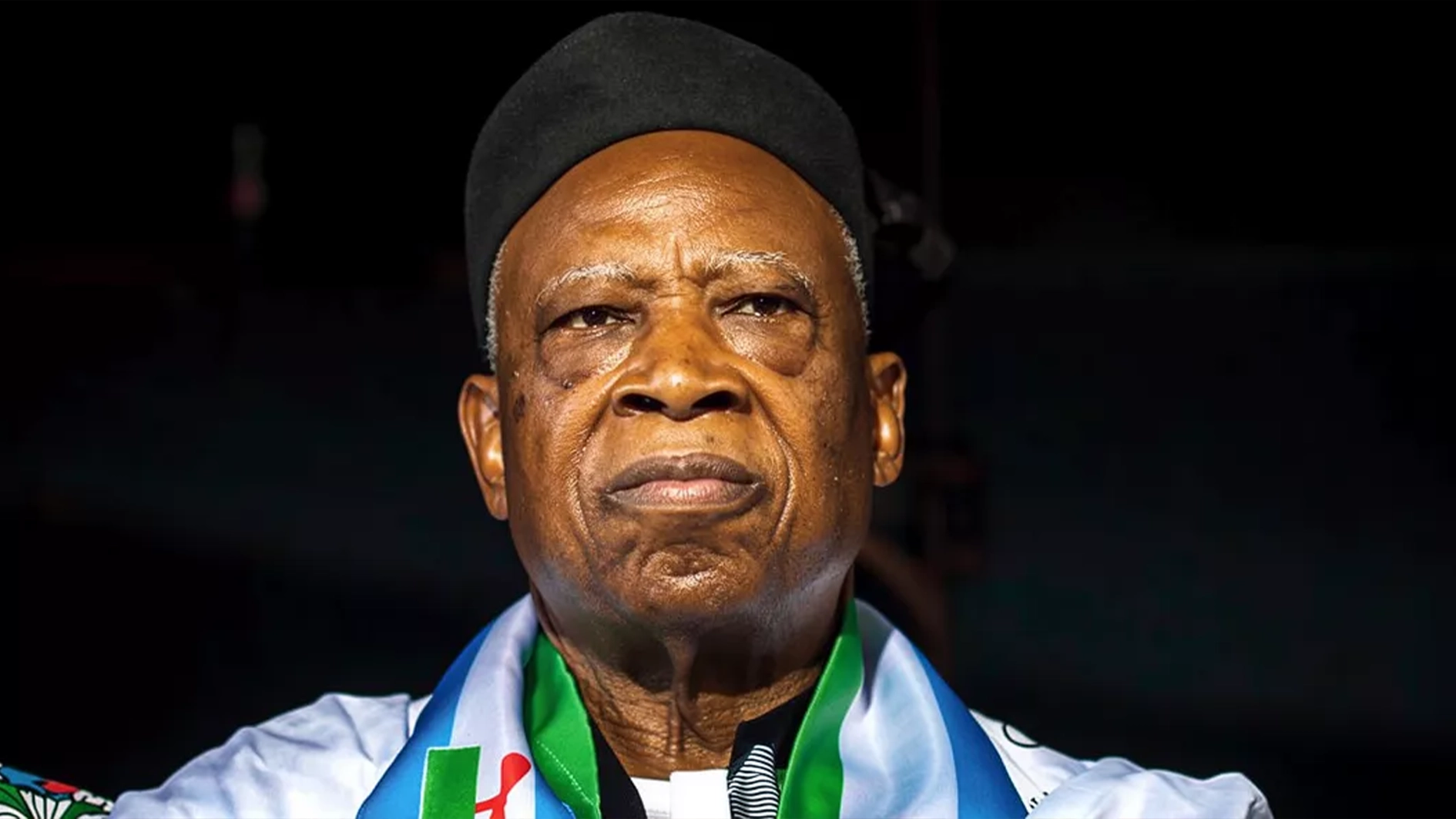
The President of the Senate, Godswill Akpabio, on Monday taunted Nigerians for being quick to demand better infrastructure but showing almost unanimous resistance when the topic of taxation arises.
Akpabio made the observation at a two-day public hearing on the Tax Reform Bills, stating that many Nigerians want the benefits of a functional system but are unwilling to contribute through taxes.
This paradox was a key theme during the event, where the Senate President made an impassioned plea for a more responsible approach to taxation.
He noted that while the government is committed to improving the lives of Nigerians, the reality is that public services require funding, and taxes are the primary source of that funding.
“Tax evasion is not new in Nigeria. From traders in bustling markets to high-earning professionals, many go to great lengths to avoid paying taxes,” he said.
“The informal economy, which constitutes a significant portion of Nigeria’s GDP, operates largely outside the tax net.
“Even in the formal sector, tax compliance is low, with many businesses underreporting their earnings to minimize their tax obligations.”
Akpabio acknowledged the frustration many Nigerians feel about multiple and inconsistent tax policies.
He cited instances where businesses are taxed at different levels—federal, state, and local governments—sometimes with little clarity on how these taxes are spent.
“If we are not careful,” he warned, “our system may discourage investment and economic activity.”
Despite this reluctance, Nigerians have high expectations from the government.
They demand better roads to ease transportation and reduce accidents, 24-hour electricity to support businesses and households, functional hospitals to reduce medical tourism and save lives, and quality education to prepare the next generation.
He added, “All of these require funding, and taxation is the most sustainable way to provide it.”
Akpabio, therefore, urged Nigerians to see taxation not as a punishment but as a civic duty that fuels national development.
“There is no country in the world that develops without an effective tax system,” he emphasized.
According to him, the Tax Reform Bills under discussion aim to create a fairer, more efficient tax framework.
The bills, he explained, propose the harmonization of tax administration to reduce duplication and make compliance easier, a reduction in the cost of tax collection to ensure that a greater percentage of revenue is spent on development rather than bureaucracy, and the introduction of digital tax systems to improve transparency and accountability.
A major concern raised during the hearing was the fair distribution of tax revenue.
Akpabio cited an example where breweries operating in Ogun State pay most of their taxes in Lagos because their headquarters are there. Meanwhile, Ogun, which bears the brunt of production activities, receives little tax revenue.
“This imbalance must be addressed,” he insisted, calling for a tax system that benefits both the states where economic activity occurs and the broader nation.
He reiterated that Nigerians must recognize that national development is a shared responsibility, adding: “While the government must ensure accountability and efficient use of public funds, citizens must also play their part by paying their fair share of taxes.”
As the public hearing continues, stakeholders, including businesses, tax professionals, and civil society organizations, are expected to provide input to shape a tax system that is equitable, transparent, and conducive to economic growth.
But the fundamental question remains: Can Nigerians demand good governance without being willing to pay for it? The answer lies in their collective willingness to embrace taxation as a tool for national progress.






